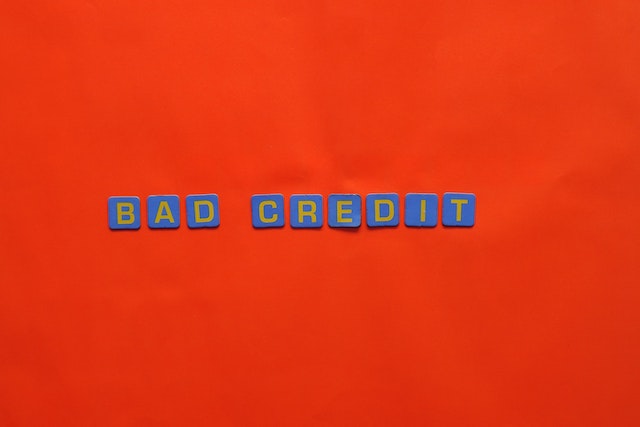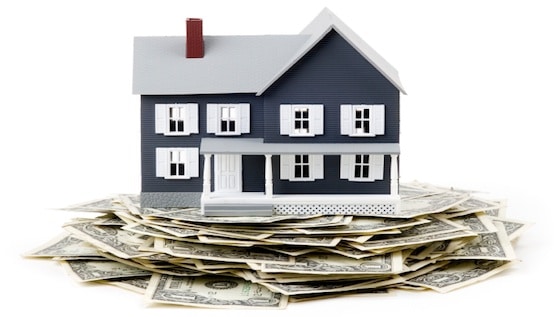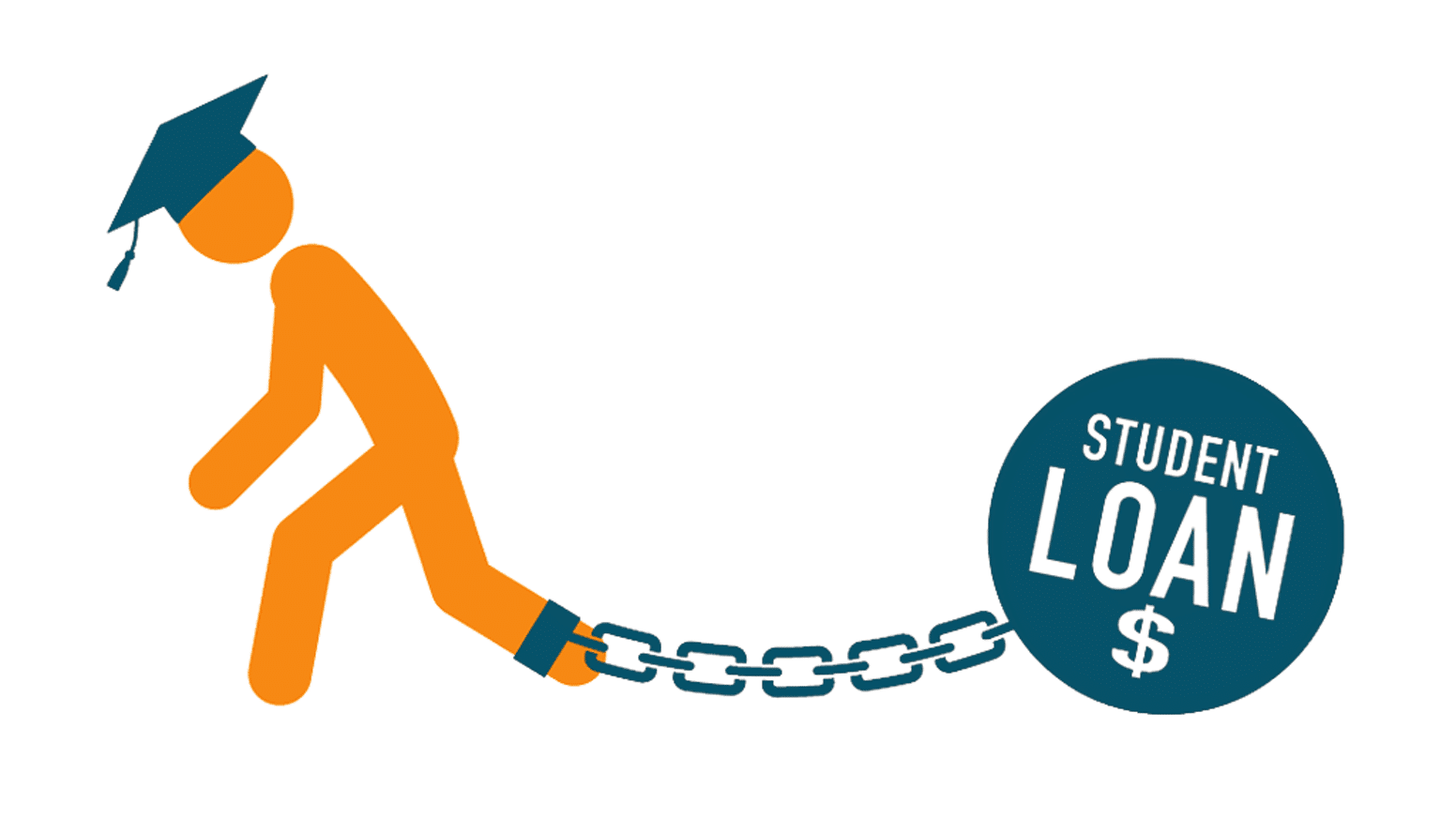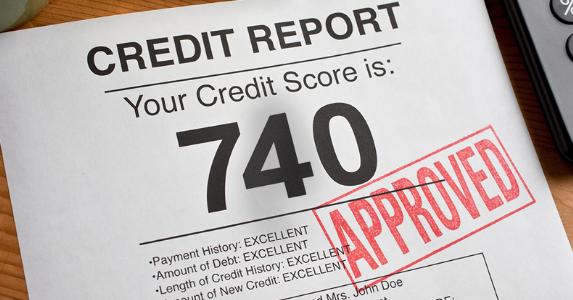Why You Have Bad Credit
 No one likes having a low credit score or bad credit and in many cases you may not even know why you have bad credit. While it is more common for young adults to find themselves damaging their credit without realizing it, it can happen to anyone at any age. If you want to avoid having bad credit, it’s important to know what causes your credit score to go down and how you get bad credit.
No one likes having a low credit score or bad credit and in many cases you may not even know why you have bad credit. While it is more common for young adults to find themselves damaging their credit without realizing it, it can happen to anyone at any age. If you want to avoid having bad credit, it’s important to know what causes your credit score to go down and how you get bad credit.
First of all, it’s also important to know the difference between bad credit and no credit. If you’ve never had a credit card, car loan, mortgage or any other type of loan or any credit history, then you’ll likely be deemed as having no credit and could be denied by lenders as being high risk, simply because they have no data to show whether you’re a reliable borrower. This is not the same thing as having bad credit which looks as bad or worse than having no credit. Bad credit is caused by a bad credit history, large amount of debt, or other issues on your credit report.
Top 4 Reasons You Have Bad Credit
To help you better understand why your credit is bad, here are 4 of the most common reasons that you may have damaged your credit:
- Too Many Credit Checks: Likely the most common reason that your credit score is lower than you’d like is due to frequent credit checks. If your credit is checked more than once per year, then you will likely lose points on your credit score. This can be caused by applying for credit cards too often, checking your credit score frequently, or even from checking mortgage rates from multiple lenders in an attempt to get the best deal on your new home. Credit checks are very common so it is imperative that you keep track of how often you have having your credit checked to avoid this common mistake.
- Large Amount of Debt: Another reason that many people have bad credit without realizing it, it due to a large amount of debt. You may be paying your credit card payments on time, have little or no negative instances on your credit report and may have even been very careful to not check your credit too often but may still have bad credit. This is often times caused by a poor debt to credit ratio which is when you use all of your available credit for your debts. In other words, if you have a credit card with a $3,000 limit and you continually have it maxed out or more than 50% (below 30% is optimal) of your available credit is used, then you will likely damage your credit. You may also be declined for loans if you have a large amount of debt compared to your income which is very common with someone who has a mortgage, car loan, and other forms of debt which consumes a large percentage of their income.
- Past Delinquencies: If you’ve had trouble with debt in the past, such as a foreclosure, repossession, bankruptcy, neglected loan or other similar derogatory mark on your credit in the past, it could be keeping your credit score down and causing you to have bad credit. Many of these types of delinquencies can stay on your credit report for 7 to 10 years so, while you may have forgotten all about it, it may still be showing on your report and handicapping your ability to rebuild your credit.
- Late Payments: It can be surprising how many people actually do not realize how their payment history can severely impact their credit. This is likely because many lenders will provide a due date for monthly payments but will provide some type of grace-period before late fees are assessed. This can often-times cause complacency, leading to occasional late payments by borrowers simply because they think they have a couple extra days after the due date to get their payment in. Well, unfortunately, many lenders will report late payments to the credit bureaus which will result in a negative mark on your credit report and a lower credit score. This is very common with credit cards and mortgage payments and any late payment can severely damage your credit and could even increase your interest rate.
How You Can Repair Your Bad Credit
While bad credit can be a complete nightmare and it may seem impossible to improve your credit again, there’s still hope. It will take time but you can certainly repair your credit and get your credit back on track. First of all, going forward, you’ll want to make sure that you avoid the common mistakes listed above but you can also work on adapting some best practices to improve your credit score. Make sure that you make your payments on time, keep a low debt-to-credit ratio – only using about 30% of your available credit on your credit cards – and make sure that you keep using your cards at least a few times a year. Rather than cancelling old cards that you don’t use anymore, it is also beneficial for you to hold on to old cards, using them occasionally, as older cards will help your credit more than new cards which no history.
Lastly, you should check your credit report for errors or inconsistencies which could allow you to dispute negative items on your report which would help to repair your bad credit. While this can be done manually, it is usually recommended that you hire a credit repair company who can go to bat for you against the credit bureaus which will give you much better chance of finding errors and getting negative items removed from your credit report. Most people see an increase in their credit score in less than 45 days when using a credit repair service.



